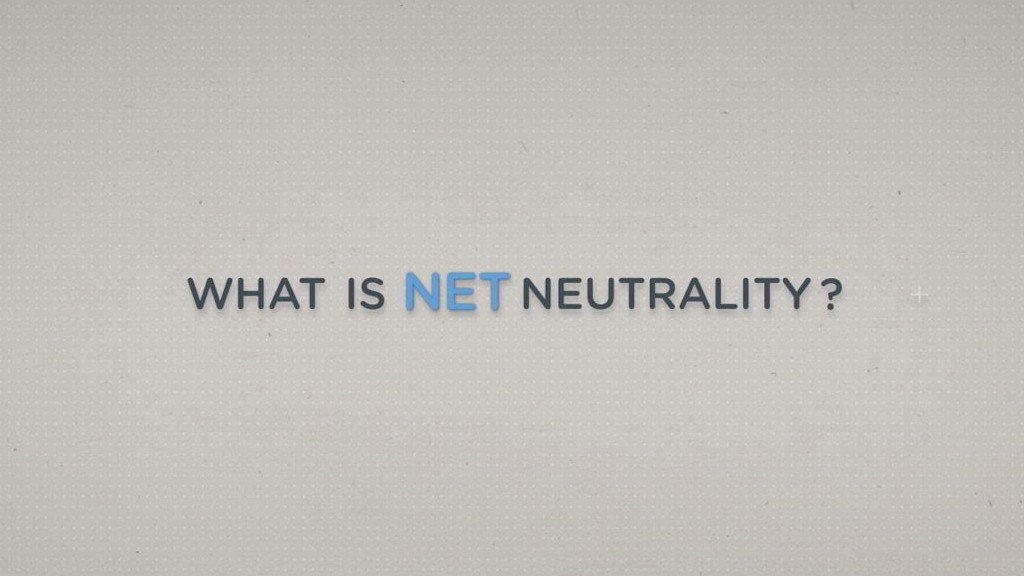
If there's one thing Americans can still agree on, it's that robocalls are a nuisance. Now a government agency is taking action.
The Federal Communications Commission voted Thursday to approve a proposed rule that would make it easier for phone companies to crack down on robocalls.
The rule, once finalized, will let the phone companies block robocallers who use fake Caller ID numbers to conceal their actual area codes and identities.
This trick, known as spoofing, helps robocallers get around the Do Not Call registry, which allows people block calls from telemarketers. Scammers have also used spoofing to trick people into thinking a call is coming from the IRS, according to the FCC.
Related: Trump's FCC may try to roll back net neutrality. Here's what that matters
Ajit Pai, the FCC chairman appointed by President Trump, called robocalls a "scourge" in a blog post earlier this month. He noted that an estimated 2.4 billion robocalls are placed to Americans each month.
"There is no reason why any legitimate caller should be spoofing an unassigned or invalid phone number," Pai wrote. "It's just a way for scammers to evade the law."
The FCC currently prevents phone companies from proactively blocking calls. The new rule would let phone companies block any robocaller that uses a number that has not been assigned to any customer or that has a nonexistent area code.
The FCC's approach was developed in partnership with a "robocall strike force" of tech, cable and telecom companies formed last year. Members include Apple (AAPL), Google (GOOGL), Microsoft (MSFT), Verizon (VZ) and AT&T (T).
The rules probably won't be finalized and approved for at least a few months.
Disclosure: AT&T has agreed to acquire Time Warner, the parent company of CNN. The deal is awaiting regulatory approval.

